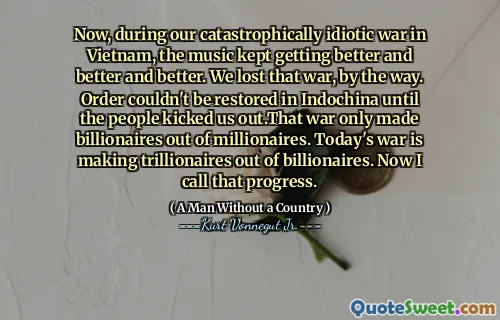Men are born for games. Nothing else. Every child knows that play is nobler than work. He knows too that the worth or merit of a game is not inherent in the game itself but rather in the value of that which is put at hazard. Games of chance require a wager to have meaning at all. Games of sport involve the skill and strength of the opponents and the humiliation of defeat and the pride of victory are in themselves sufficient stake because they inhere in the worth of the principals and define them. But the trial of chance or trial of worth all games aspire to the condition of war for here that which is wagered swallows up game, player, all.
The essence of life, as McCarthy suggests, is rooted in play and games, which embody a deeper human experience beyond mere labor. Children intuitively recognize that play surpasses work in nobility, engaging them in various stakes that define their worth. The value of a game is derived not solely from its structure but from what is at risk, emphasizing the human experience of competition, skill, and the emotional stakes of pride and humiliation.
McCarthy draws a connection between all games and war, where the stakes become monumental, encompassing the very identity of the players involved. The outcomes of these games, whether of chance or skill, profoundly affect the participants, revealing the intrinsic value of what they are willing to wager. This intertwining of life, risk, and identity posits games as an essential part of the human condition.





